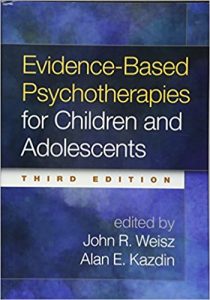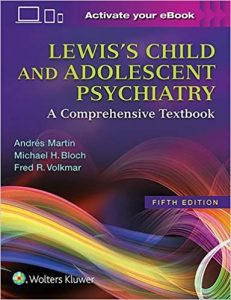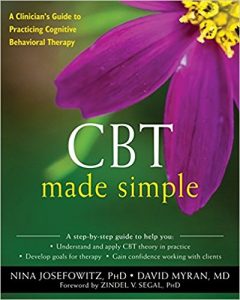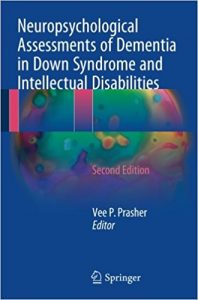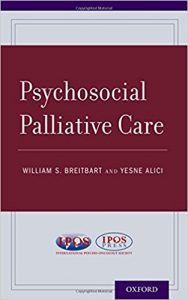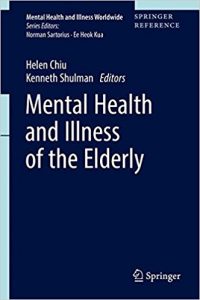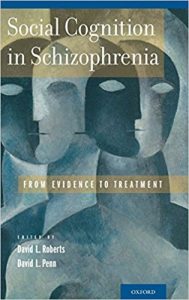Caring for People with Dementia: A Shared Approach 1st Edition
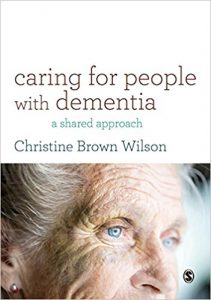
[amazon template=iframe image2&asin=1412961998]
Skills in caring for people with dementia are increasingly demanded of all health care practitioners as the numbers of diagnosed increase. Caring for People with Dementia presents Christine Brown Wilson’s latest research into improving dementia care for both non-expert students and junior staff as well as more senior managers.
The text first guides the reader through the underpinning theory behind the different approaches to person centered and relationship centered care and provides case scenarios with a range of practical strategies staff and students have developed and implemented. It then presents the different levels of the organisational change using practical strategies adopting a person centered and relationship centered approach involving the person with dementia and their families.
This book will be indispensable reading for all nursing and healthcare students and practitioners who want to improve the quality of life for people with dementia.
Christine Brown Wilson is Associate Professor at the University of Queensland, Australia.

